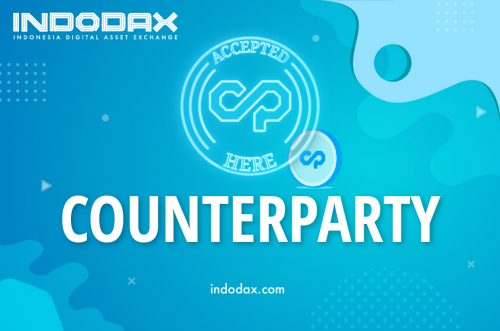Counterparty is another party that participates in a financial transaction, and every transaction must have a counterparty in order for a transaction to take place. More specifically, every buyer of an asset must pair up with a seller who is willing to sell and vice versa.
This term can refer to any entity on the other side of a financial transaction. This can include agreements between individuals, businesses, governments, or other organizations. In addition, the two parties do not have to be on the same level in terms of the types of entities involved. This means an individual can become an associate for a business and vice versa. In each case where a general contract is fulfilled or an exchange agreement occurs, one party will be considered a Counterparty, or the parties are Counterparty to each other. This also applies to forward contracts and other types of contracts.
The counterparty takes the risk of the counterparty into the equation. This is the risk that the Counterparty cannot fulfill their end of the transaction. However, in many financial transactions, the counterparty is unknown and the risk is reduced through the use of a clearing company.
Counterparty Risk
In dealing with Counterparties, there is an inherent risk that any of the persons or entities involved will not fulfill their obligations. This is especially true for over-the-counter (OTC) transactions. Examples include the risk that the vendor will not provide the goods or services after payment has been processed, or that the buyer will not pay obligations if the goods are provided in advance. It can also include the risk that one party will back out of the agreement before the transaction takes place but after the initial agreement has been reached.
For structured markets, such as the stock market or futures market, financial risk is mitigated by clearing houses and exchanges. When you buy an asset, you don’t have to worry about the financial viability of the person on the other side of the transaction. The clearing house or exchange acts as a partner, guaranteeing the assets you buy or the funds you expect to sell.
This risk gained greater visibility after the 2008 global financial crisis. AIG famously leveraged its AAA credit rating to sell (write) credit default swaps (CDS) to counterparties seeking default protection (in most cases, at the CDO stage). When AIG was unable to deliver additional collateral and was required to provide funds to counterparties in the face of worsening reference obligations, the US government rescued them.





